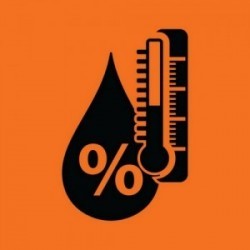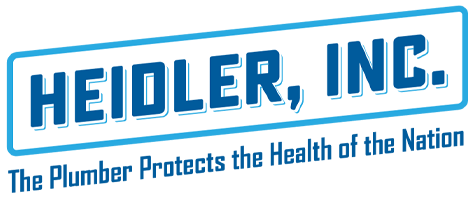Learn All About Boilers with these Comprehensive 6-Part Guide

In the last twenty years, conventional boilers have consistently been replaced by energy-efficient condenser boilers.
In fact, you won’t find a house built after 1996 in Annapolis, MD that has an old style heating system. Understanding how the new condenser boilers work is not that hard if you comprehend the following six points about their operation, design and green efficiency.
Part 1 – Boilers Do Not Need Boiling Water to Function
 A common misconception about boilers is that they somehow boil water.
A common misconception about boilers is that they somehow boil water.
In fact, water that is boiling hot is a waste when it comes radiant heating systems because the fuel needed to heat water to the boiling point is very costly.
Instead, the natural gas heats it to about 60 degrees, which is warm enough to expand it and heat your home through your pipes.
The water in pipe descends back to the boiler where it is reheated, but there is no sense reheating water that is boiling hot.
Part 2 – Modern Condenser Boilers Are Green Appliances
 Today’s modern condenser boilers do not have vents that emit dirty pollutants and carbon dioxide into your home’s atmosphere.
Today’s modern condenser boilers do not have vents that emit dirty pollutants and carbon dioxide into your home’s atmosphere.
Instead, they are more contained and emit steam outdoors through PVC hoses.
They are considered to a be green component of your heating system because they take up to 90% energy to operate. This also means that you will be using up to 90% less natural gas to heat your home.
Part 3 – Boilers Do Not Add Humidity to The Air
 One of the biggest myths about boilers is that they add humidity to the air.
One of the biggest myths about boilers is that they add humidity to the air.
Today’s radiant systems, especially the ones that do not have radiator components.
These tend to produce heat from behind walls and beneath floors, and they simply warm the air without adding moisture.
At the end of the day, your air will feel warm and dry without any dampness whatsoever.
Part 4 – Good Water Pressure Is Necessary For Boiler Function
 If you live in an older home and your water pressure is lower than 15- psi then you are going to have issues with your new condenser boiler.
If you live in an older home and your water pressure is lower than 15- psi then you are going to have issues with your new condenser boiler.
Condenser boilers operate by allowing the heated water to expand and force it through your home’s pipes.
A qualified professional can help you assess whether or not the psi in your home is sufficient enough to drive the heat from a boiler to all of the floors of your dwelling.
Part 5 – Boilers Offer You More Control Over Your Energy Consumption
 Every boiler that is fueled by natural gas has an on and off switch, so you are always able to choose when you want the unit in operation.
Every boiler that is fueled by natural gas has an on and off switch, so you are always able to choose when you want the unit in operation.
Radiant heat systems are so efficient that the pipes and radiators hold the water heated by natural gas for hours, which means that you can turn the thermostat down quite often.
Every time you have the opportunity to turn your thermostat down, do so as it can drastically cut your fuel costs.
Part 6 – Boilers Offer a Cheaper Way to Heat Your Home
 If you want to reduce your heating bills by as much as 90 percent, then consider installing a new condenser boiler.
If you want to reduce your heating bills by as much as 90 percent, then consider installing a new condenser boiler.
These systems are so efficient that turning your thermostat down a few degrees can save you thousands a year on your bill.
However, keep in mind that sufficient water pressure from your main intake pipe from your local public works or private provider is required for you to take advantage of the warmth provided by these units.
It is important to understand that there are many ways to deal with issues that can affect the smooth operation of your boiler including low water pressure and a lack of large diameter piping.
Sometimes, a plumber may also be able to retrofit an old oil furnace, so that it runs on natural gas. The only way to find out whether or not your boiler retrofit and water pressure problems can be fixed is to have a licensed professional HVAC expert assess the situation for you.

